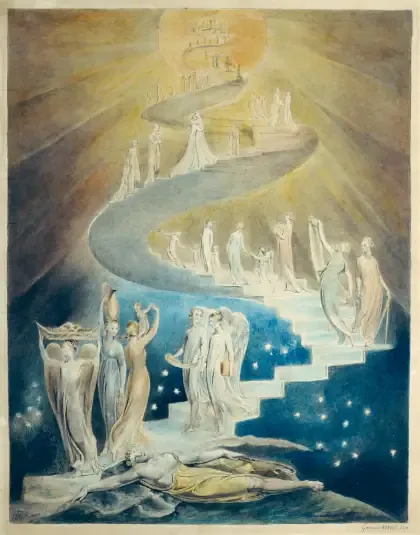In Partnership with Yahweh, A Critical Review of a Sermon by Bertrand Comparet

In Partnership with Yahweh, A Critical Review of a Sermon by Bertrand Comparet
Not counting his commentary series on the Revelation, which we do not plan to critique here, there are nearly 130 sermons posted at the Bertrand Comparet archive at Christogenea. Now, over these past few years, we have already critiqued about a third of them, and we have greatly expanded on more than a few, such as his sermons on Ruth and Esther, and especially his sermon on Christianity in the Old Testament. Our first critique of his work was his sermon on Esther, which we discussed over three of our own presentations in the Spring of 2015, and we have presented commentary on about three dozen of his other sermons since then.
To us this undertaking is important, because for so many Identity Christians, Bertrand Comparet’s work provided a foundation for their understanding of Scripture and was instrumental in helping them to develop a basis for the substance of their faith. Therefore, if we take our faith seriously, that basis must be continually contemplated, measured against Scripture, and if one tenet or another is not upheld by Scripture then we must allow ourselves to be corrected. As we read in the 119th Psalm: “12 Blessed art thou, O LORD: teach me thy statutes. 13 With my lips have I declared all the judgments of thy mouth. 14 I have rejoiced in the way of thy testimonies, as much as in all riches. 15 I will meditate in thy precepts, and have respect unto thy ways. 16 I will delight myself in thy statutes: I will not forget thy word.”








 Please click here for our mailing list sign-up page.
Please click here for our mailing list sign-up page.








Recent comments